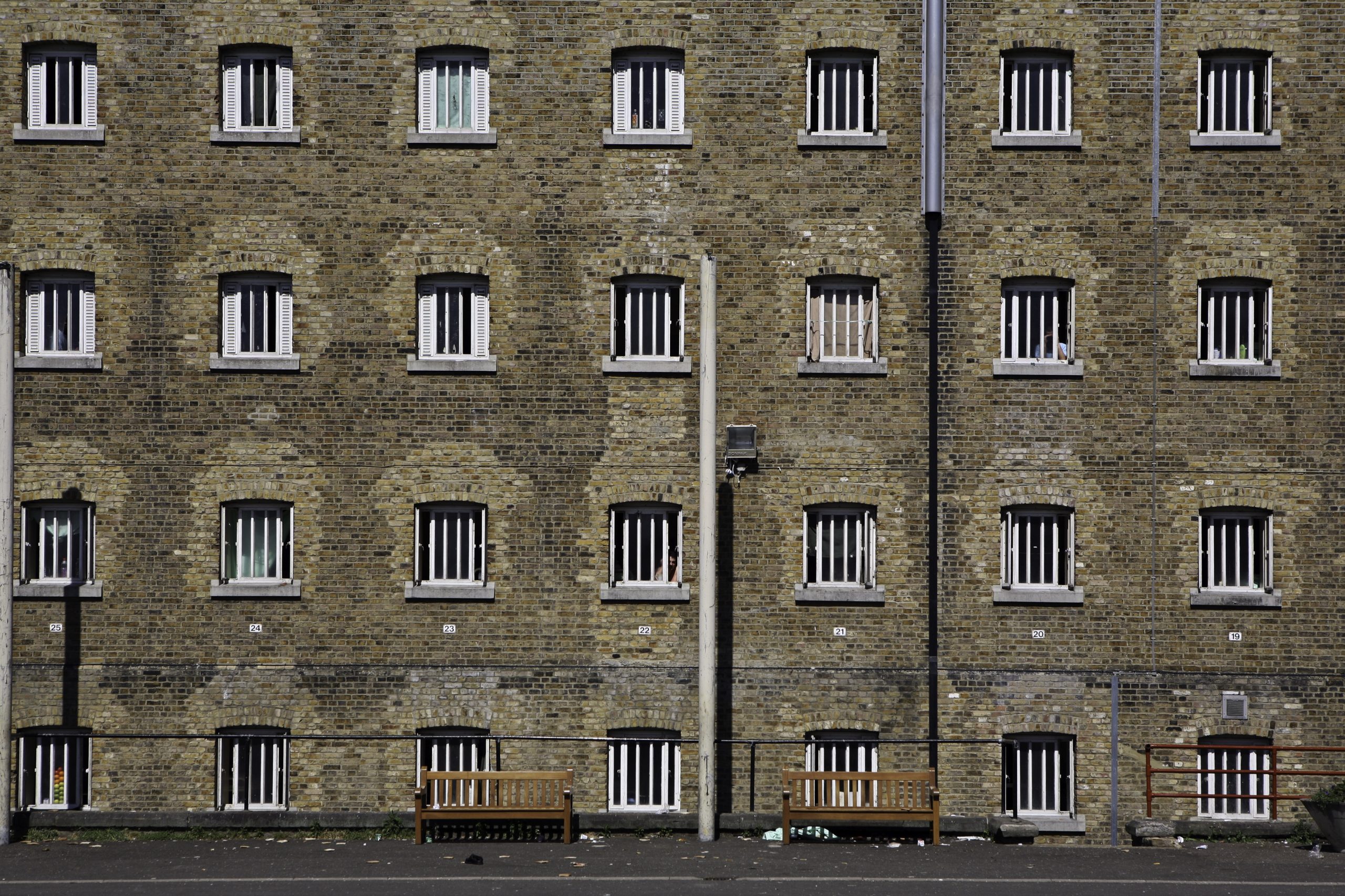A recent Freedom of Information request has found that licence termination rates for prisoners sentenced indefinitely have decreased since last year. Although the sentence was abolished in 2012, most recent figures indicate that 2,892 prisoners are still serving Imprisonment for Public Protection (IPP) sentences.
IPP sentences were introduced in 2005 for prisoners who were considered dangerous, but not dangerous enough to receive a life sentence. The sentence entails a minimum period in prison with the possibility of not being released if a prisoner is still considered dangerous to the public. If released, individuals enter their indefinite licensing period during which they can still be recalled and sent back to prison.
Following criticism of the sentence and its practice given that prisoners were serving time well after their tariff (the minimum amount of time required to be spent in prison) with no guaranteed release or end, it was abolished in 2012. However, thousands are still serving their IPP sentences with no guarantee of release.
Ten years after their first release, prisoners can apply to have their licences terminated, officially ending their sentence. Since 2020, the number of people eligible to have their licences ended increased from 96 to 881 in 2022 according to the Prison and Probation Service.
A request made by Laura Janes, a solicitor specialising in prison law, to the Parole Board revealed that from April 2022 to May 2023, 379 applications to have licences ended were determined. Of those applications, 160 were granted and 213 were refused, reporting a grant rate of just over 40%. According to the United Group for Reform of IPP, by September 2022, 72 out of 121 applications were granted, reporting a grant rate of 58%. The request reveals a ‘significant’ decrease of just under 18% in licence terminations for individuals serving an IPP sentence.
In her report of the data, Janes also calls attention to the issue of the current ‘constant cycle of recalls’ which puts individuals on licence back in prison. According to a 2022 report by the parliamentary Justice Committee, the government ‘expects the recalled population of IPP prisoners to soon exceed the number who have never been released,’ demonstrating a backward progression in the release of IPP prisoners.
‘Given the cross party consensus that IPPs are a scandal and a stain on our system, I am perplexed that there has been such limited attention on this power to remove people from the sentences,’ Janes stated.
On receiving the data from her request, she commented, ‘If reducing the total number of people under the cloud of this sentence is a priority, then focusing more attention on the termination process should be a clear and urgent area of focus. Everyone who is eligible for it should be prioritised.’







